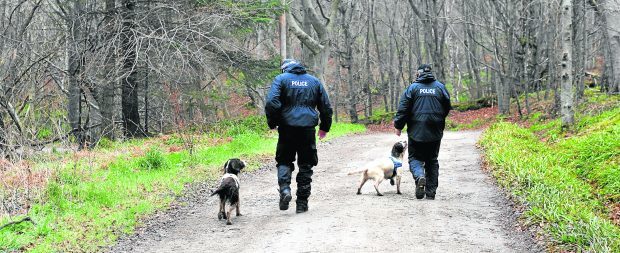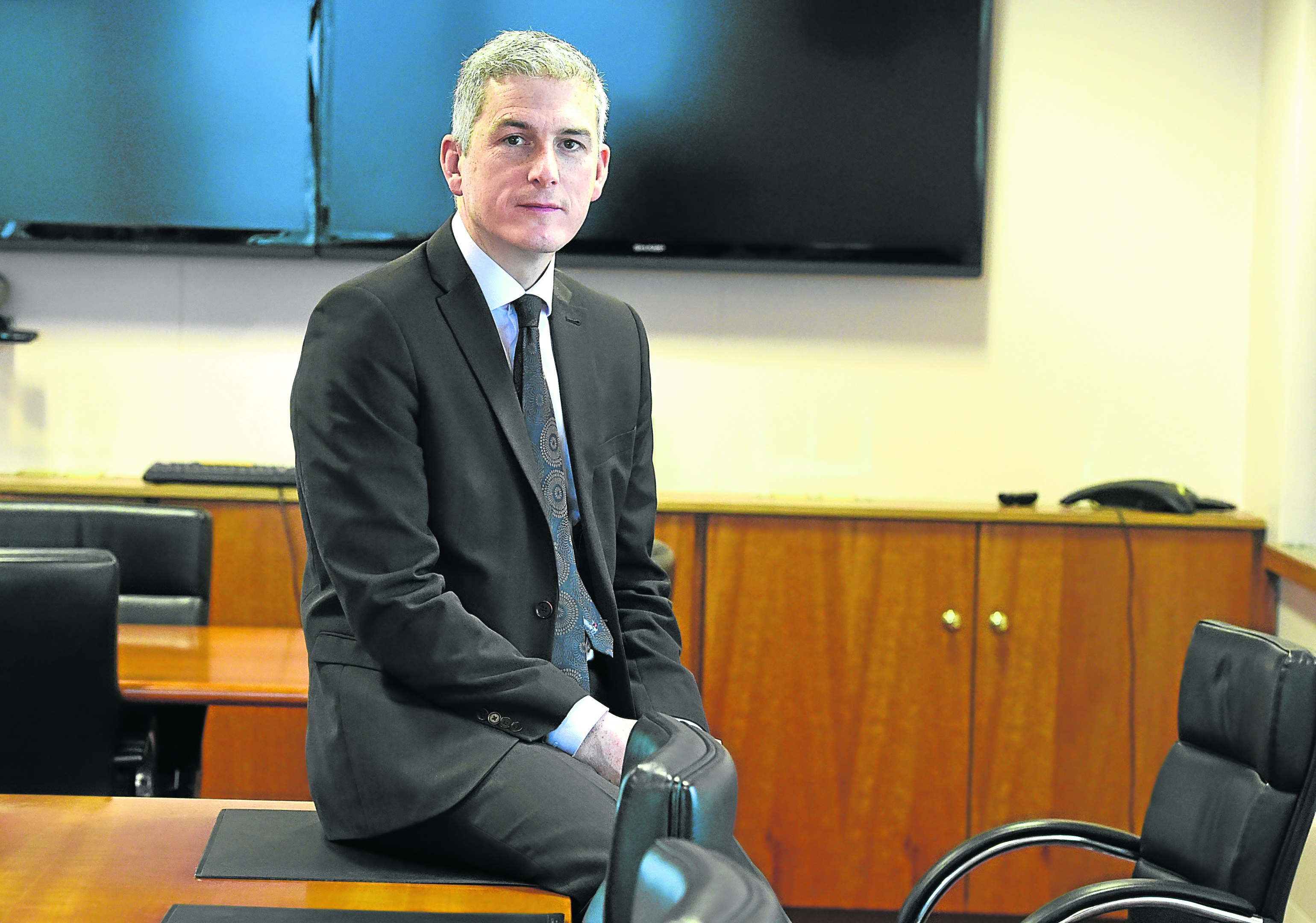When a person goes missing, there is understandably an atmosphere of panic among their family and loved ones.
However amid the anxiety, police and the emergency services have to set emotions aside and do their best to trace the person.
As of October 1, there were almost 1,700 “incidents” in the north-east since the beginning of 2017.
Many people who disappear are simply never found, sometimes because they do not want to be, some for other reasons.
One of the most high-profile investigations in the north-east in recent years has been Fraserburgh man Shaun Ritchie.
The 22-year-old went missing near Strichen after a Halloween night out with friends in 2014 and has not been seen since.
And Buckie pensioner Ian Bramald, 73, has been missing for almost four years after disappearing near his home in the Archibald Court and Barhill Road area of the town.
But, a north-east detective – who has worked on hundreds of missing persons investigations – says police will keep cases open until they can provide some kind of resolution for families, even if decades go by.
Detective Inspector Norman Stevenson has worked with the north-east’s unit for seven years.
“There was one recently where someone had gone missing from Aberdeen in 1980,” he said.
“And all the correct inquiries had been done at the time, but officers couldn’t find him – but then with a wee bit of looking at it from a different angle last year and some extra work on social media we found him in Newcastle.
“He was never going to go away and harm himself, he had just disappeared and no one knew enough about him to track him down.”
And DI Stevenson has said that every officer involved in an investigation is committed to helping people cope with the emotional turmoil of a loved one disappearing.
He said: “I always feel I can’t do enough until I find that person for them because that’s someone who means a lot to them and they’re giving me the responsibility to find them.
“That’s why we always do whatever we can to find the person because there’s a loved one there, or a very good friend that misses them. There’s someone important.
“I don’t think it makes it difficult, sometimes their emotions make it tricky for us to get the right information at the right time but we’ve got trained liaison officers that we can use to help them deal with the grief while trying to draw that out.”
Officers will constantly review a case, particularly in the first few days and weeks, and “starburst” – which means looking forensically at every minute piece of evidence over and over again.
And DI Stevenson said that, while advances in technology can help officers in their investigations, there is no substitute for traditional policing techniques.
He said: “Absolutely for me, the most important thing is to find out the place they were last seen, where their general last movements were and the evidence of people around there.
“Technology enhances that, CCTV captures things that people wouldn’t be able to in the eye and devices like phones are a wealth of information for us.
“Social media and the modern way information is spread rapidly is a huge help, and what we can draw from that.
“But the strongest point for me is people and what they have seen and that will always be my starting point and I will never get away from that.”

